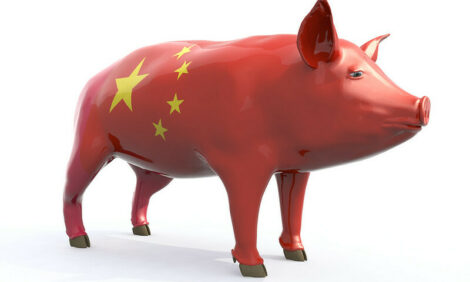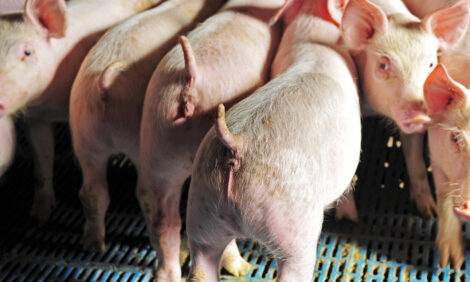



"Prevention is better than Cure"
EU - The European Commission adopted today a Communication setting out the EU's animal health strategy for 2007-13.The Communication provides the framework for animal health measures over the next 6 years, taking into account extensive feedback from stakeholders and potential challenges in the future. The aim is to put greater focus on precautionary measures, disease surveillance, controls and research, in order to reduce the incidence of animal disease and minimise the impact of outbreaks when they occur. The Communication also stresses that all those with an interest in animal health with have clear responsibilities in ensuring that the goals of the new strategy are met, so that the EU's animal health policy is as robust, efficient and effective as possible in the years ahead. It also highlights the need for an integrated approach in animal health policy-making, inter-linking it with other Community policies.
Markos Kyprianou, Commissioner for Health, said "People are more aware of animal health issues today than ever before, and have a greater understanding of the direct effect that it can have on their lives. Animal health has implications for human health, food safety, economic prosperity and ethical values. Through the new Community Animal Health Policy the aim is to serve public health and to achieve the highest possible level of animal health and welfare in the EU. Our goal is to reduce the threats that certain diseases pose, and to ensure that any animal health measure taken over the next 6 years offers maximum benefit for EU citizens."
Serious outbreaks
Serious animal disease outbreaks, such as the Foot-and-Mouth Disease crisis in 2001, can have grave implications, not just for animal health but also the economy, social structures, trade, animal welfare and the environment. Over the past few years, the Commission and Member States have taken a more pre-emptive approach to animal health threats, implementing strict monitoring, surveillance and biosecurity measures against certain diseases, with good results. Under the new strategy, this preventive approach will be stepped up and existing mechanisms will be strengthened. Biosecurity will be improved on farms, at borders and during animal transport. The monitoring and surveillance of diseases will be increased across the EU, and emergency preparedness will be reinforced. The objective is to invest more in preventive measures, thereby reducing disease outbreaks and the much higher costs associated with them.
The approach to import controls on animals and animal products will also be revised, so that official checks target high-risk products and more effective measures are taken to tackle illegal trade. The EU will also focus on boosting communication and cooperation with its trading partners, so as to improve their understanding of EU rules and standards, and allow more timely warnings when problems arise in products destined for Europe.
The Communication also underlines the importance of promoting scientific research and innovation, working with all relevant partners at different levels to do so. Through the new strategy, the network of national reference laboratories will be further developed, thereby maximising the knowledge and expertise that exists in Europe. The activities of the European Food Safety Authority in the field of animal health will also be increased, and the work of the Community Reference Laboratories reevaluated. More focus will be put on developing public-private partnerships e.g. for the development of vaccines, and support will be given to third countries to carry out research on exotic and other potentially threatening diseases. The aim is to secure Europe's reputation for scientific excellence in the field of animal health, which will boost consumer confidence and provide the EU with greater standing in international disagreements.
Animal Health is a truly Community policy as it involves many different sectors such as environment, agriculture, fisheries, trade, research, enterprise, internal market, taxation, external aid, budget and enlargement. For this reason, the communication demonstrates that the Commission intends to take an integrated approach in its policy making for the next years.
Further Reading
|
|
- You can view the full article by clicking here. |






